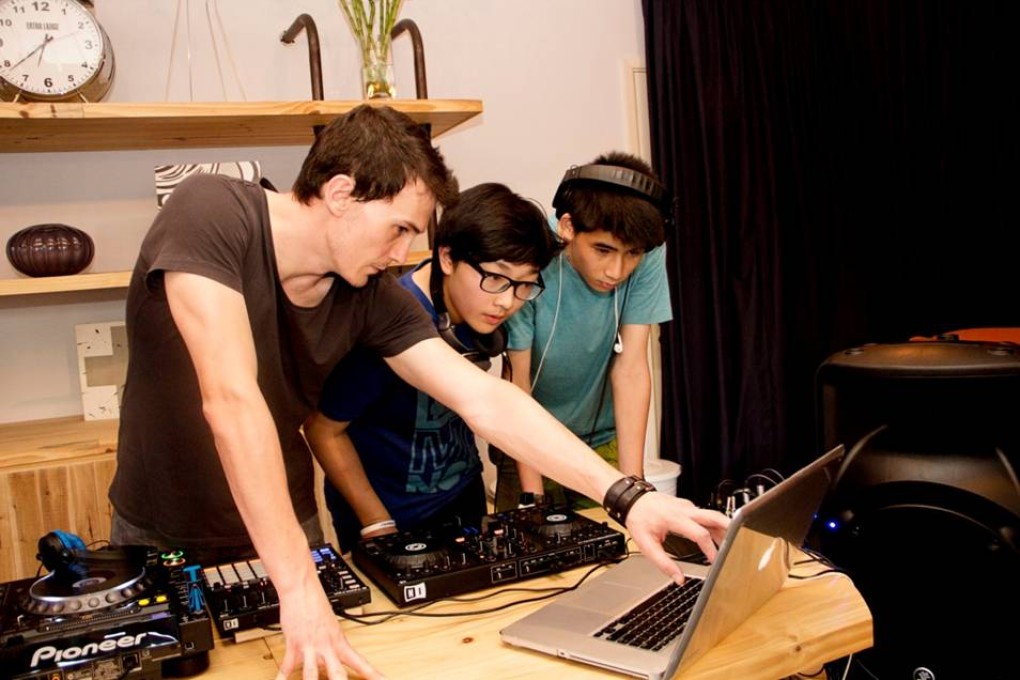Opinion | Hong Kong students must learn to co-operate, not just compete
Kelly Yang says an obsession with being competitive means our children are missing out on the many benefits of working with others

Last week, an old student of mine came home for a holiday from boarding school in the US. I asked him what he found most difficult about going to a boarding school. Surprisingly, it was not keeping up with the reading or managing his time. It was agreeing to help a friend, sharing his notes and lab work, and contributing his best ideas to his class. In other words, it was learning to work as a team.
It took him the entire first year to learn the first rule of teamwork - how to put aside his own competitiveness. This was no easy feat considering that during all his life growing up here, he was told competitiveness is the key to success.
Surprisingly, America is not all about individualism. The most popular sports there are American football, basketball and, to a lesser extent, soccer. All are team sports. Children are encouraged to care about their peers. Those who are outstanding are encouraged to lead, rather than go it alone.
The long-term ramifications of co-operation are huge. Studies show teamwork boosts intelligence. At leading universities, leadership is the No 1 character trait admissions officers look for in applicants.
Companies look for it, too. In the business world, it's simply not enough to have a bunch of brilliant people. If they cannot come together as a team, it doesn't matter how bright they are individually.
Perhaps more importantly, teamwork feels good. When my student finally adjusted to the team environment in his new school, he said he felt like a giant weight had been lifted off his shoulders. It turns out that he was exhausted from years of being so competitive, from always guarding his best ideas and hoping his classmates, even his best friends, all failed their exams just so the class curve would be improved in his favour.

